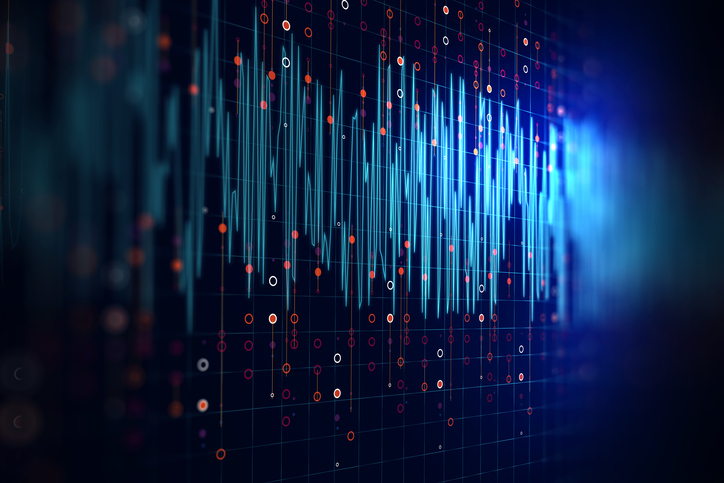DAB radio was the future… until live streaming and podcasts arrived
Did podcasts kill the (digital) radio star? Richard Rudin explores the history of the DAB radio – and takes a look at its shiny new competitors – in this crossposting from The Conversation.
Digital Audio Broadcasting (DAB) radio was billed as a transformative technology that would revolutionise the industry when the first services went on the air in the mid-1990s. But a controversial u-turn in policy by the BBC has exposed the cracks in the argument for DAB. Cracks that are widening all the time as live streaming technology improves and podcast popularity grows.
Many of the big public service broadcasters in Europe, including the BBC, originally backed DAB – as did governments, both at the national level and through the European Union. So the announcement by the BBC’s director of radio, Bob Shennan, that the corporation’s long promised switch-off of FM in favour of DAB was off the table represents a remarkable reverse in policy.

It is now over 60 years since the BBC opened up its first FM service and nearly 25 years since it started using DAB. Overall, the argument for radio to join the digital world seemed strong. Not to do so seemed tantamount to admitting that the medium was not “fit for purpose” in the new age.

